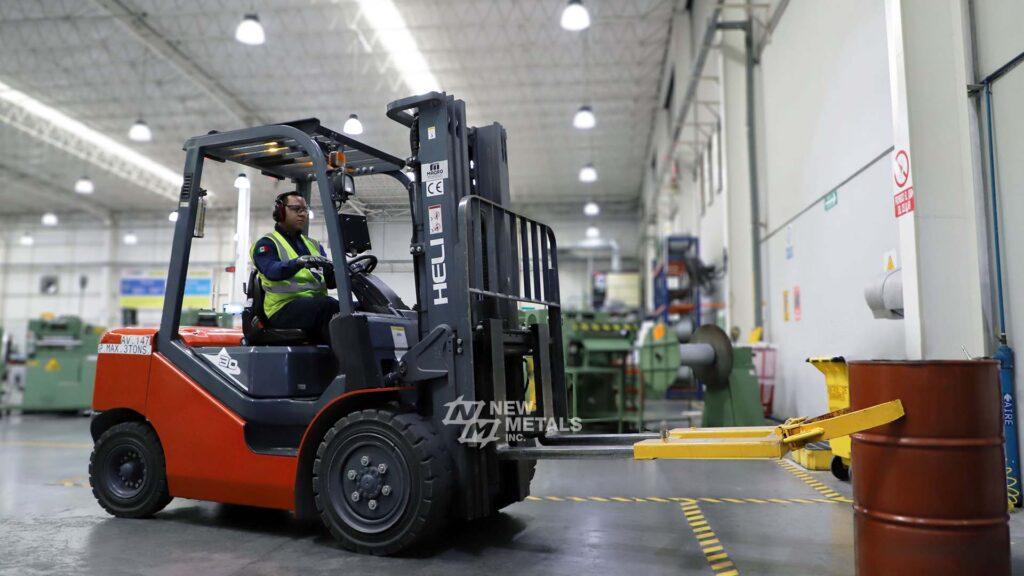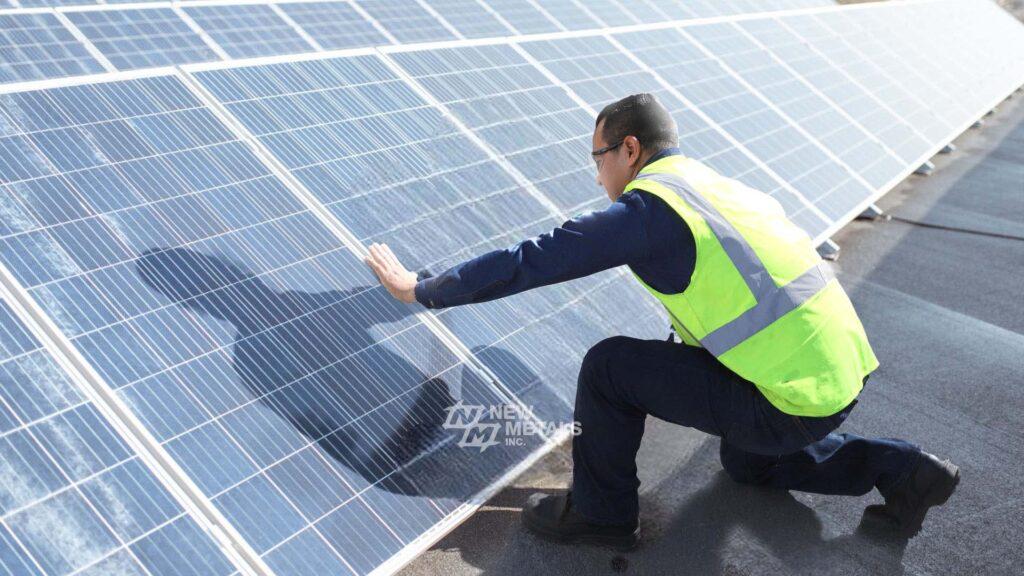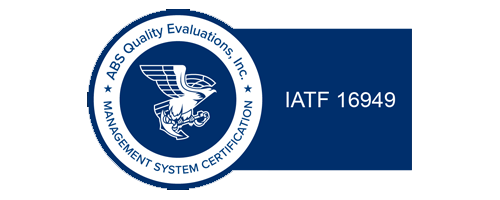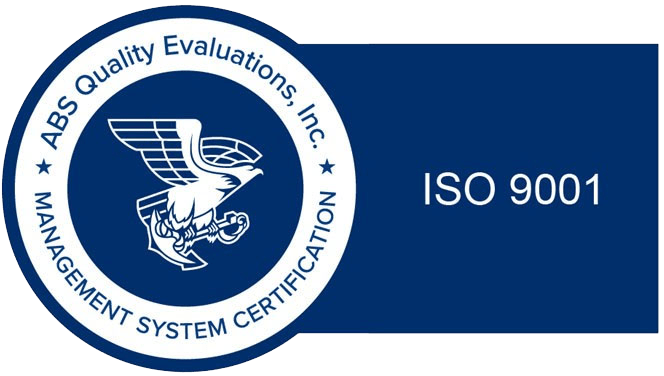Sustainability
At NEW METALS we care about the environment.
Over the years, we have characterized ourselves as a company with a high degree of environmental responsibility. Our effort is focused on carrying out actions in a sustainable way.
Raw Material Recycling
Recycling makes sense not only from an environmental point of view, but also from an economic one. By recycling, we are conserving raw materials and saving energy.
Leftover steel and other metals are channeled to various recycling centers that take advantage of 100% of the material received. Scrap metal recycling is an important and essential part of the manufacturing industry. Using these secondary materials instead of virgin materials saves energy and reduces greenhouse gas emissions.
REduce
REuse
REcycle

Handling of lubricants and greases
Our machines, equipment and forklifts use oil for proper lubrication, which, when it reaches its useful life, must be disposed of following established waste management procedures.
In the production process, we generate these oils and other semi-solid residues, which are confined to companies certified in their management and disposal, who are in charge of collecting and transporting them from our facilities to their collection center.


Electric energy saving
Clean energy and energy efficiency are opportunities to reduce the carbon footprint and comply with international emission reduction commitments. We are committed to seeking alternatives that positively impact the environment.
We have implemented in production centers the use of skylights to take advantage of natural light, as well as the change to LED luminaries. Progress is also being made in the gradual installation of photovoltaic panels and electronic devices that optimize electricity consumption.

Regulatory Compliance
We are aware of the impact that our activity entails for the safety of people and the environment. We reaffirm our commitment to stay aligned with the corresponding regulations.
Environmental Policy
NEW METALS INC. is comitted to preventing pollution through the evaluation and control of its environmental impacts, complying with legal requirements and other requirements that apply to its operations; through the continuous improvement of its environmental performance through the establishment and monitoring of environmental objectives and goals.





